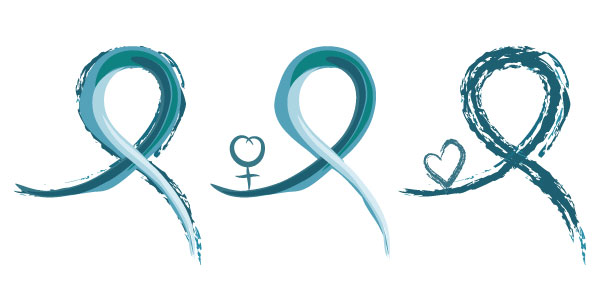
September is Ovarian Cancer Awareness Month and as the fifth largest cause of cancer-related deaths in women, it’s important to be informed of the disease. In 2018, an estimated 22,240 women will be diagnosed with ovarian cancer and 14,070 will die. The cancer is often undetected until it begins to spread to the pelvis and the abdomen, which is where symptoms usually arise. In the early stages, there are rarely symptoms. But when symptoms do begin, they are commonly diagnosed to be other conditions due to the unremarkable nature of the symptoms. It’s important to be conscious of what the early onset symptoms of ovarian cancer are so that you or a loved one can be treated before the later stages.
Some of the symptoms of ovarian cancer are very similar to the symptoms of PMS (premenstrual syndrome). Because of the commonalities, it is suggested that if you have these symptoms more than 12 times a month, or if you have a family history of ovarian cancer or breast cancer, you should consult your doctor so you can be treated accordingly. The most common symptoms and signs of ovarian cancer are:
- Pelvic and/or Abdominal Pain
- Bloating
- Feeling the Need to Urinate Urgently and/or Often
- Trouble Eating
Some of the less common symptoms of ovarian cancer are:
- Constipation
- Abdominal Swelling with Weight Loss
- Pain During Sex
- Back Pain or Pressure
- Fatigue
- Upset Stomach
- Menstrual Changes
Being aware of the earliest symptoms of ovarian cancer are important so that it can be caught and treated in its early stages. You know your body best so remember to get screened regularly and take preventative measures, especially if you are high risk due to family history. If you or a loved one is experiencing these symptoms, consult your doctor so you can be treated as necessary.
